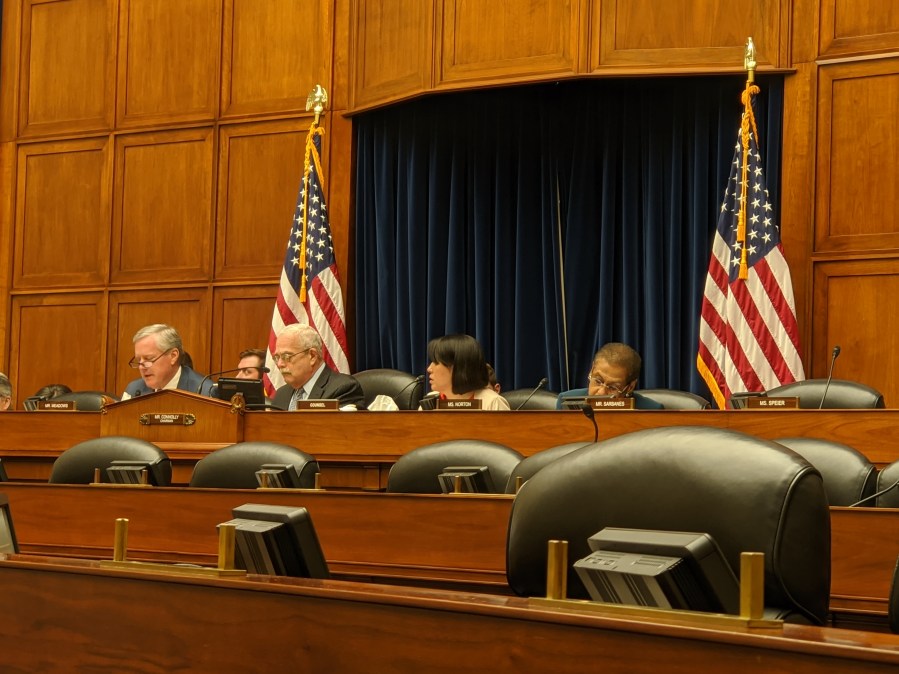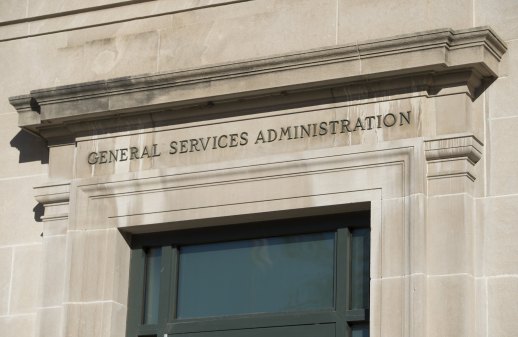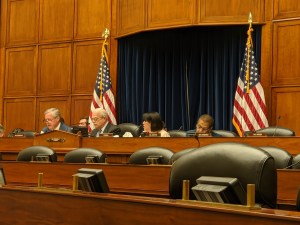Agencies late on EIS should ‘feel the heat,’ lawmakers say

Lawmakers expressed frustration Wednesday that the General Services Administration can’t punish agencies expected to miss the deadline to fully transition to the government’s flagship telecommunications and network modernization contract.
Agencies must fully transition services to the $50 billion Enterprise Infrastructure Solutions contract by Sept. 30, 2022, with existing contracts expiring May 2023.
But a Government Accountability Office study released Wednesday found that, of 19 selected agencies reviewed, 11 didn’t plan to meet the federal deadline.
“These agencies are at risk of experiencing service disruptions,” said Carol Harris, director of information technology and cybersecurity at GAO, during testimony before the House government operations subcommittee.
The “vast majority” of agencies will miss out on potential cost savings from the “generally” lower rates for services on EIS program contracts, Harris added.
Harris was unable to name an agency exceeding expectations but did say the Small Business Administration issued one task order as expected.
“No one’s head rolls if, in fact, they don’t meet these deadlines,” said Jackie Speier, D-Calif. “I think we need to look at holding these agencies accountable in ways that get their attention, and I don’t think we’ve done that yet.”
There’s no “silver bullet” to penalizing agencies because they lack a formal governance structure when it comes to EIS implementation and, therefore, accountability, Harris said.
GAO selected five agencies for further review and found all had only partially implemented the suggested planning practices:
- Developing an accurate inventory of telecom services.
- Performing a strategic analysis of telecom requirements.
- Establishing a structured transition management approach.
- Identifying resources needed for the transition.
- Making a transition plan.
“If they haven’t seen the light, it’s time they feel the heat,” said Rep. Mark Meadows, R-N.C. and ranking member of the subcommittee.
When agencies miss out on EIS savings that’s a consequence for the taxpayer, Meadows added.
GSA is “concerned” with agencies’ transition to EIS, but some have moved to task order awards, said Bill Zielinski, assistant commissioner of the Office of Information Technology Category at GSA. As of Feb. 28, 28 task orders had been awarded — some by the same agencies like the Social Security Administration.
On March 31, 2020, GSA will descope the current sets of contracts — limiting their use and availability to agencies that haven’t transitioned. Meadows wanted to know if that was a punishment.
“It is in that it provides a disincentive to stay on the old contracts,” Zielinski said.
Meadows requested the percentage of agencies expected to meet GSA’s 2022 deadline for EIS within 48 hours, when Zielinski didn’t have the information on hand.
“Certainly, we update that constantly,” Zielinski said.





